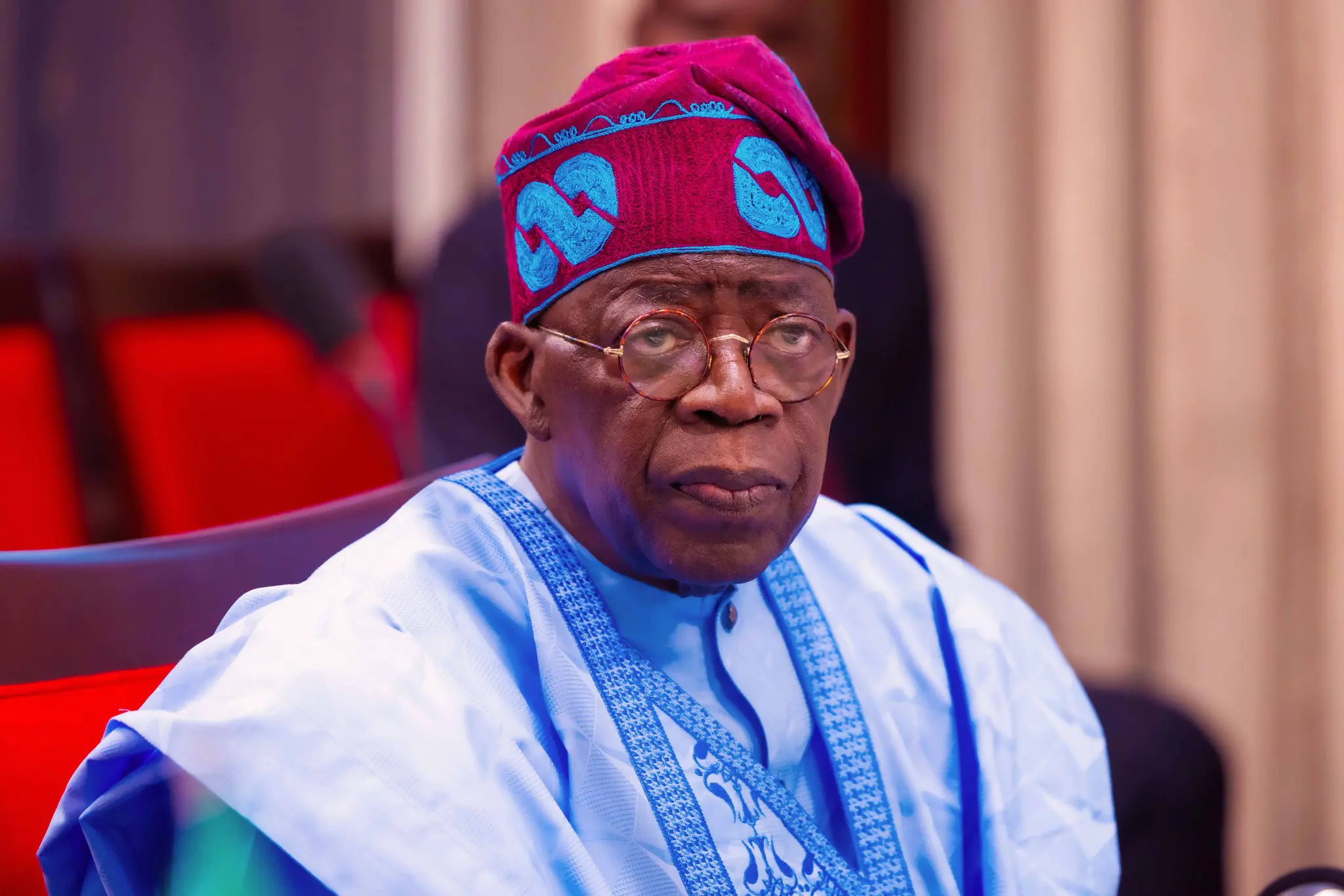President Bola Ahmed Tinubu has approved a revised 2025 budget of ₦54.2 trillion, marking a significant increase aimed at stimulating economic growth and addressing critical infrastructure deficits. This move comes at a time when Nigeria faces persistent economic challenges, including high inflation (34.8%), an unstable exchange rate (₦1,500/USD), and a rising interest rate (27.5%).
The newly proposed budget focuses on infrastructure, energy, healthcare, and education, with major allocations aimed at revamping Nigeria’s economic framework. Here’s a breakdown of the key areas set to benefit from this increase.
1. Infrastructure: ₦15 Trillion Allocation
Nigeria’s infrastructure has been a major bottleneck for economic development, and the government aims to tackle it aggressively in 2025. The budget earmarks ₦15 trillion for roads, railways, and public transportation systems.
- Road Construction & Rehabilitation: ₦7 trillion
- Railway Expansion Projects: ₦5 trillion
- Urban & Rural Public Transport Initiatives: ₦3 trillion
The Lagos-Ibadan expressway expansion and the Abuja-Kano railway modernization will be primary beneficiaries.
2. Energy Sector: ₦10 Trillion Allocation
To address Nigeria’s power crisis, the 2025 budget allocates a record ₦10 trillion to the energy sector.
- Power Grid Expansion: ₦4 trillion
- Renewable Energy Projects (Solar & Hydropower): ₦3 trillion
- Petroleum Refining & Oil and Gas Infrastructure: ₦3 trillion
The government also aims to increase electricity generation capacity from the current 4,000 MW to 10,000 MW by the end of 2025.
3. Education: ₦7.5 Trillion Allocation
Education remains a cornerstone of Nigeria’s development strategy, with ₦7.5 trillion set aside for primary, secondary, and tertiary institutions.
- Public Universities & Research Grants: ₦4 trillion
- Teacher Training & Employment Programs: ₦2 trillion
- Primary & Secondary School Facilities Upgrades: ₦1.5 trillion
This move aligns with the government’s goal to boost literacy rates and STEM education to support the growing tech industry.
4. Healthcare: ₦5 Trillion Allocation
Healthcare continues to be a priority in Nigeria’s post-pandemic recovery plan. With a ₦5 trillion allocation, the government aims to strengthen primary healthcare systems and reduce medical tourism.
- Hospital Equipment & Facilities Upgrades: ₦2 trillion
- National Health Insurance Expansion: ₦1.5 trillion
- Pharmaceutical & Vaccine Production: ₦1.5 trillion
5. Agriculture & Food Security: ₦4 Trillion Allocation
The agriculture sector, which contributes over 25% to Nigeria’s GDP, receives ₦4 trillion to enhance food security and reduce dependence on imports.
- Irrigation & Mechanization Programs: ₦2 trillion
- Subsidized Fertilizer & Seed Distribution: ₦1 trillion
- Agricultural Credit Schemes for Farmers: ₦1 trillion
6. Security & Defense: ₦6 Trillion Allocation
Security remains a critical issue, and the government is investing heavily in modernizing military hardware and intelligence gathering.
- Military & Law Enforcement Equipment: ₦3 trillion
- Counterterrorism & Insurgency Operations: ₦2 trillion
- Community Policing & Intelligence Networks: ₦1 trillion
7. Social Welfare & Youth Empowerment: ₦3.5 Trillion Allocation
A significant portion of the budget is dedicated to supporting low-income families and youth employment programs.
- Conditional Cash Transfers & Food Relief: ₦1.5 trillion
- Job Creation & Youth Entrepreneurship Programs: ₦1 trillion
- Women & Children Empowerment Initiatives: ₦1 trillion
Funding Strategy: Where Will the Money Come From?
To fund the massive budget increase, the Tinubu administration is leveraging multiple revenue streams:
- Increased Revenue from Government Agencies – The Federal Inland Revenue Service (FIRS) contributed an extra ₦1.5 trillion, the Nigeria Customs Service added ₦1.3 trillion, and other government-owned enterprises collectively generated an additional ₦2 trillion.
- Oil Revenue – The government expects increased crude oil production and improved global oil prices to contribute significantly to revenue.
- Tax Reforms – New tax policies, including the enforcement of digital economy taxation and expansion of the VAT base, are expected to boost revenue from the non-oil sector.
- Public-Private Partnerships (PPPs) – Infrastructure projects will rely on greater private sector participation to reduce the burden on government spending.
This increased revenue allocation supports economic diversification and infrastructure development, ensuring that key sectors like solid minerals, agriculture, and industrial development receive necessary funding to enhance economic growth.
Market Reactions & Economic Outlook
The Nigerian stock market has responded positively, with the NGX All-Share Index climbing to 105,430.15 points, a 2.43% increase year-to-date.
However, concerns remain about inflationary pressures and debt sustainability. With Nigeria’s inflation rate at 34.8%, analysts warn that government borrowing could worsen price instability if not properly managed.
Conclusion
The ₦54.2 trillion 2025 budget signals President Tinubu’s commitment to economic transformation, focusing on infrastructure, energy, education, healthcare, and security. If effectively implemented, these investments could stimulate job creation, boost productivity, and improve living standards. However, efficient execution and fiscal discipline will be key to ensuring Nigeria achieves its growth objectives without exacerbating debt risks.
